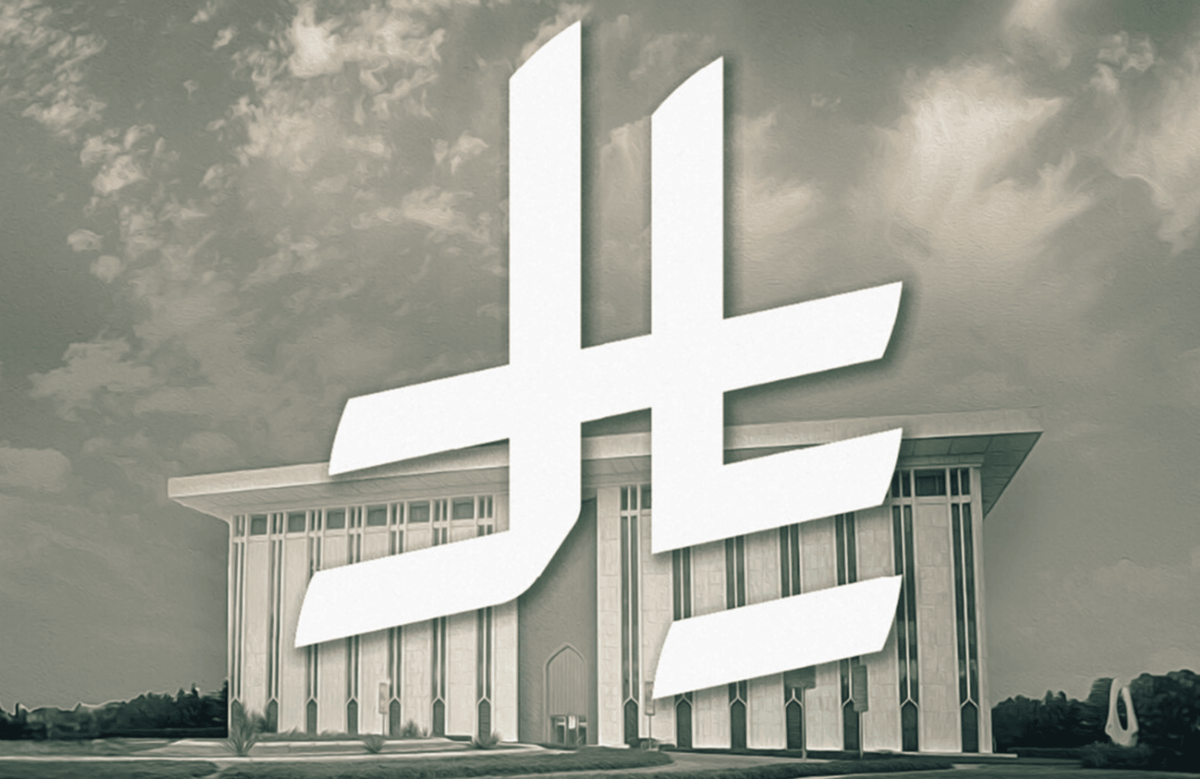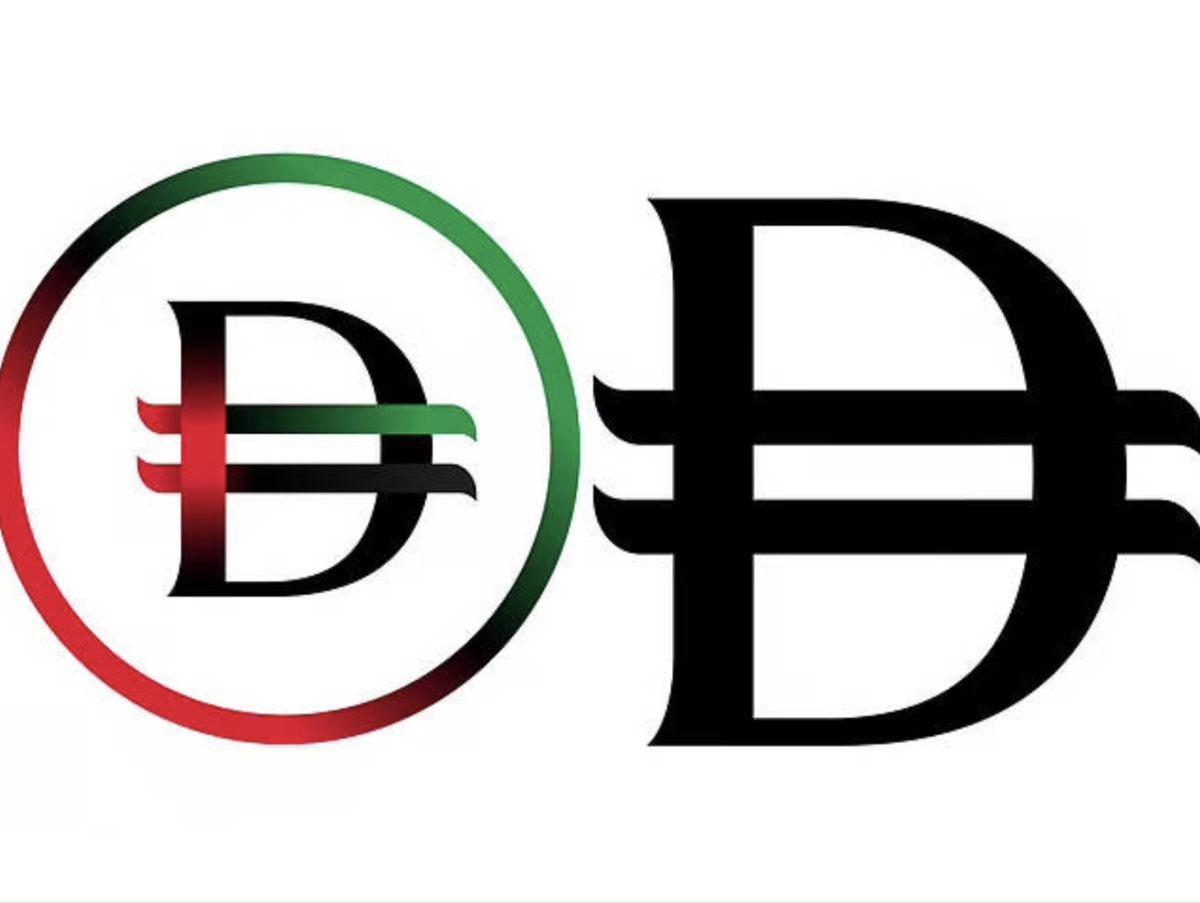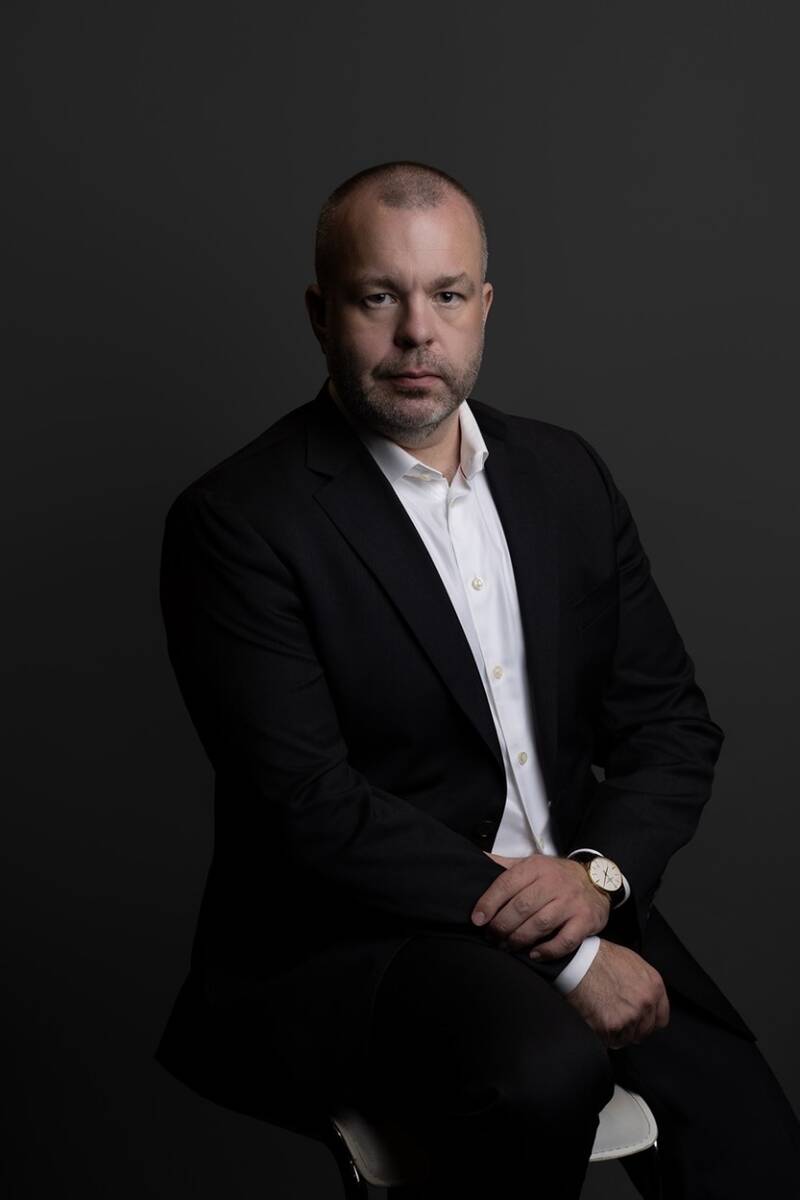DUBAI: As Saudi Arabia enters another busy event season, including grand city-based celebrations in Riyadh and Diriyah, a host of new entertainment ventures powered by new technology are opening up in the Kingdom.
The latest move came in October when HyperSpace announced a $55 million Series A funding round, which was largely raised from the Saudi public sector. The three-year-old startup designs, owns, and operates digital immersive entertainment parks, positioned to revitalize the retail ecosystem.
The funding came from Riyadh Season, a government-backed entertainment initiative under the Public Investment Fund, which provided most of the debt and equity raised by HyperSpace.
The other participants in the financing round included US-based Galaxy Interactive, SEGA Ventures and UK-headquartered Apis Venture Partners.
“It’s really the world’s most innovative entertainment attraction,” Alexander Heller, the CEO of HyperSpace, told Arab News, adding: “It offers a completely new approach to location-based entertainment, as an attraction that is extremely innovative, built on technologies that already exist in the digital world and are being pulled into a physical front end for the first time.”
Heller describes the attraction as like “TikTok and Fornite had a big physical baby.”
He added: “It is part content creation arena and part physical video game. A park truly built on larger themes of content consumption, internet culture, and hype culture moving into a physical front-end entertainment space.”
HyperSpace features a mix of digital and physical entertainment, including gaming attractions, immersive theater experiences and interactive areas for content creation.
The company opened its latest venue, House of Hype, in the capital city as part of the fourth edition of Riyadh Season, dubbed the world’s largest winter entertainment event.
Bight and colorful phosphorescent lights greet guests, who enter several futuristically designed rooms in the new Riyadh House of Hype.
Visitors then become virtually immersed in technology, play games and even get to shop in what has been dubbed the largest immersive entertainment park experience connecting the real world to the world of virtual reality.
“It is very much inspired by the idea of building a big physical video game and pulling the identities and tactics of the AAA gaming world into a physical space,” added Heller.
“The PARX platform brings the digital layer of the park to life, built to enhance game place through a token driven rewards system mirroring game economies of the gaming world, and ultimately there to enhance the visitors digital identity engagement.”
“It is very much like a physical rendition of a big video game,” added Heller. “Built on an AAA gaming economy powered by the world’s most cutting-edge physical gaming system that we’ve built, which is far more complex and smart.”
“AAA” refers to high-budget, high-profile video games usually produced and distributed by well-known publishers. It signifies the high standards of production values, development resources and marketing budgets used to build the game.
The 60,000 sq. foot park uses an in-house currency called HyperCoin and generates gaming challenges using artificial intelligence data.

Saudi Arabia is positioning itself at the forefront of new innovation and technology across so many major sectors. It is mind-blowing.
Alexander Heller, CEO of HyperSpace
Heller explains how the PARX app is HyperSpace’s digital layer, offering a gaming and digital identity-driven component to the physical attraction, built to engage the visitor further within the park and after their visit.
Furthermore, Heller added that House of Hype was built to evangelize Web3 technologies to a mass market audience. It introduces customers to their first wallet, non-fungible tokens, “in-world currency” and allows them to engage in a meaningful and attainable manner, in which they are successful.
In essence, customers will engage further with new technology in a controlled sandbox, where their success and engagement are measured by their willingness to play.
House of Hype reflects the push to incorporate new technologies in Saudi Arabia’s burgeoning entertainment market, exemplified largely this year through the program and range of events and experiences as part of Riyadh Season.
HyperSpace was founded in Dubai in January 2021 and comprises a team of multi-disciplinary industry experts from well-known companies such as Google, SNAP, The Mill, Amazon, Unity, and Apple.
The company is bridging the gap between the allure of AAA video games, social media, and other forms of digital entertainment and the timeless appeal of in-person fun with friends and family.
Its debut entertainment attraction, AYA, located at Wafi Mall in Dubai, is a digital immersive experience with 12 experience zones across 40,000 sq. feet. It sold over 480,000 tickets in its first nine months of operation.
Its House of Hype in Riyadh will become a permanent attraction in Boulevard City after the Riyadh Season ends.
Riyadh Season, which opened on Oct.28 and will close in April 2024, has become a massive draw for local and international visitors.
From international cuisine, courtesy of exclusive high-end restaurants, to dynamic rides and immersive experiences, the city will capture and reflect Riyadh’s Najdi heritage to its present-day, forward-thinking dynamism as it jets into the future.
In a video posted by General Entertainment Authority Chairman Turki Alalshikh on his X account in September, he announced that Riyadh Season would offer a range of 60 “new experiences” that harness high-tech elements.
The first of which he mentioned would be the world of “Barbie,” reviving the brand’s history and reflecting the release of the blockbuster movie earlier this year.
The event is also hosting the Disney castle for the first time in the Middle East as part of the company’s centennial celebration, which he said includes “amazing shows inspired by the most famous animated Disney movies.”
The other immersive experiences include the “Dancing Fountains” and “Blippi Wonders,” an educational and entertainment experience for children. Moreover, the “Zero Latency Experience” allows visitors to interact with digital content realistically.
“We are excited to witness the rapid growth of HyperSpace in Saudi Arabia as they endeavor to build this generation’s next entertainment company, which comes at the intersection of technology, AI and Web3,” Alalshikh said in a statement. In addition to emphasizing new technology for entertainment and leisure experiences, AlalShikh said the fourth edition “aims to create more than 200,000 direct and indirect jobs and enable nearly 2,000 local and international companies.”
Riyadh Season will cover an area of more than 7 million sq. meters of entertainment experiences.
“This season is different,” he said, adding: “Big time.”
The move toward a tech-powered entertainment era is part of the Kingdom’s Vision 2030 plan to reduce its dependence on oil revenues by investing in other areas, including culture, tourism, sports teams and electric vehicle production.
Saudi Arabia’s efforts to become a global gaming hub scored big after Savvy Games, owned by the Public Investment Fund, completed the acquisition of Scopely, a leading US-based video gaming firm, for $4.9 billion.
Qiddya Entertainment City, located about 45 kilometers from the center of Riyadh, is also expected to be the world’s largest entertainment city by 2030. The city will cover 334 sq. km.
The buzz around entertainment clearly reflects the Kingdom’s Vision 2030 blueprint that aims to improve the quality of life for Saudi citizens through cultural, entertainment, and sports activities.
The Kingdom’s entertainment and amusement sector is expected to be worth $1.17 billion by 2030.
“Saudi Arabia is positioning itself at the forefront of new innovation and technology across so many major sectors,” Heller told Arab News. “It is mind-blowing.”

































